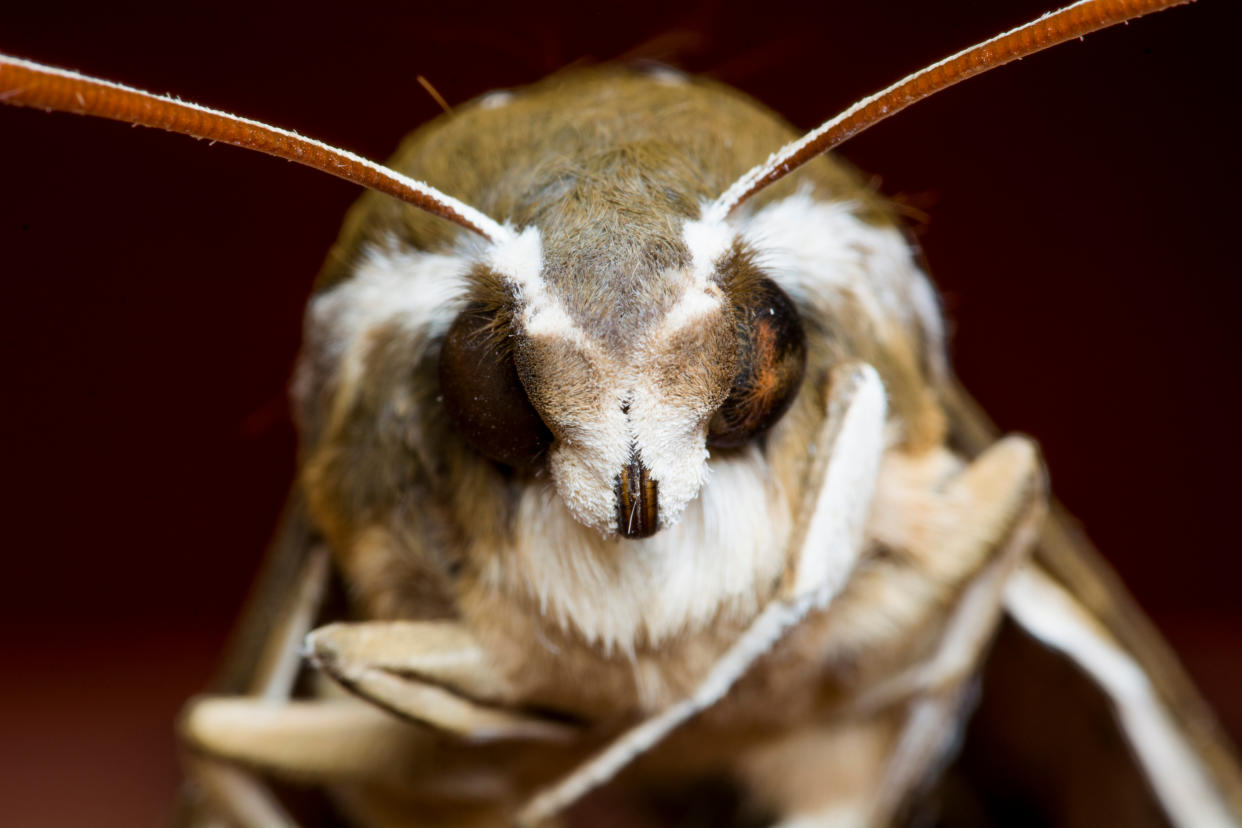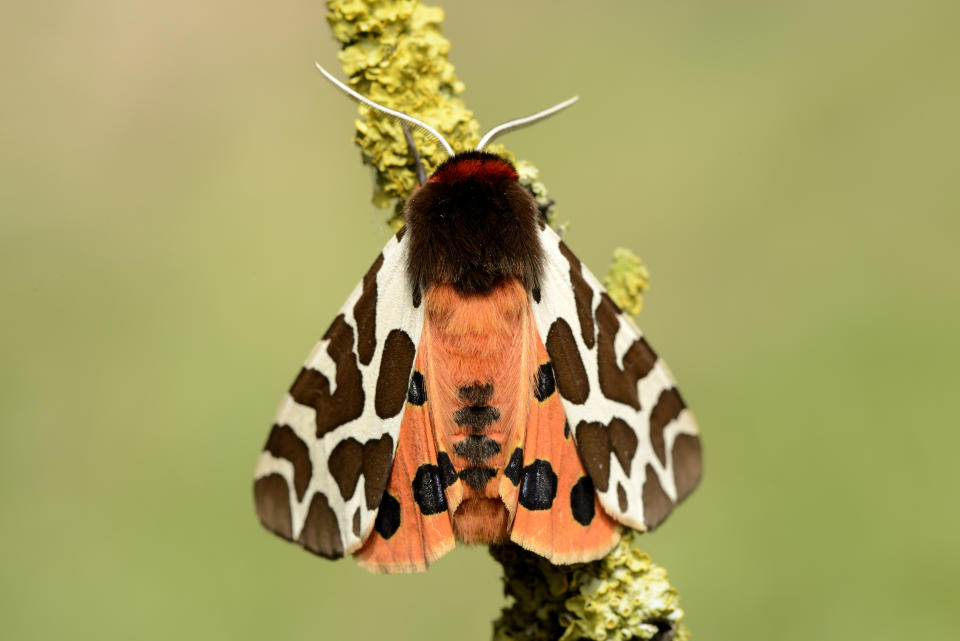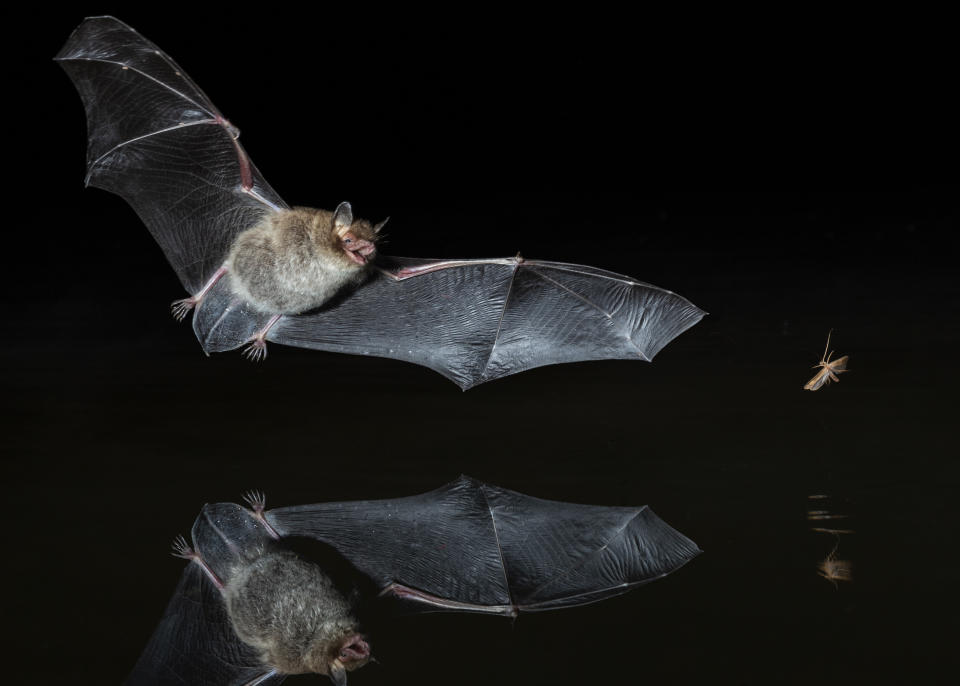‘Lazy’ moths don't have to flee from predators because they taste disgusting

Most creatures flee for their lives if they’re likely to get eaten.
But scientists noticed that some species of moths don’t seem to take evasive manoeuvres when they’re under attack by predators such as bats, instead carrying on with what has been dubbed “nonchalant flight”.
A study of the puzzling behaviour has revealed that the moths are not just being lazy – they actually taste so disgusting that they’re unlikely to get eaten anyway.
A new study published in the Frontiers in Ecology and Evolution journal observed moths – which a study earlier this year found many people see as pests – to analyse the way they avoid attack.
They noticed that while some adopt evasive manoeuvres to avoid being snapped up by predators like bats, others seem fly nonchalantly on.

Dr Nicolas Dowdy, of the Milwaukee Public Museum and Wake Forest University in the US, said the apparently relaxed attitude of some species of tiger moths when attacked by predatory bats had prompted scientists to investigate the reasons for such casual behaviour.
They hypothesised that some moths have evolved chemical defences that made them unpalatable – so they have less motivation to try to evade them than their more delicious counterparts.
READ MORE
Insect expert rubbishes claims 'spiders are invading the UK'
Zimbabwe uses purple cows to combat 'fly of death'
Campaign aims to challenge negative reputation of moths
To test this theory the researchers collected five different species of tiger moths and released them in an outdoor “flight arena” at night, where wild bats would frequently swoop in to feed.
Using infrared cameras they monitored interactions between the bats and moths and recorded how often different species displayed evasive or nonchalant behaviour during a bat attack.

They also measured how palatable the moths were to the bats.
Dr Dowdy said: “Strikingly, we observed that moths with weak or no chemical defences often dive away to escape bat attacks.
“However, moths with more potent chemical defences are more ‘nonchalant’, performing evasive manoeuvres less often.”
The researchers say their findings show the risks and rewards of anti-predator strategies where mistakes can inevitably mean death.
As well as being exhausting, panicked manoeuvres can put moths in the path of other predators or lead them away from a food source or mate.



